Smash Hits From 1960 That Slipped Through The Cracks Of History
When people look back at the ’60s, they tend to remember moving folk music, the British Invasion, and transgressive psychedelic rock. However, the truth is that all of these scenes took time to form. Before The Beatles showed up, the best word to describe the music of the early ’60s was “kitschy.”
While the music of the ’50s was gifted a surge of excitement by the birth of rock and roll, the concept had been surprisingly diluted by 1960. Before music transformed into the ’60s fare we know and love, a lot of artists had their brief moments in the sun.
Percy Faith – “Theme From A Summer Place“
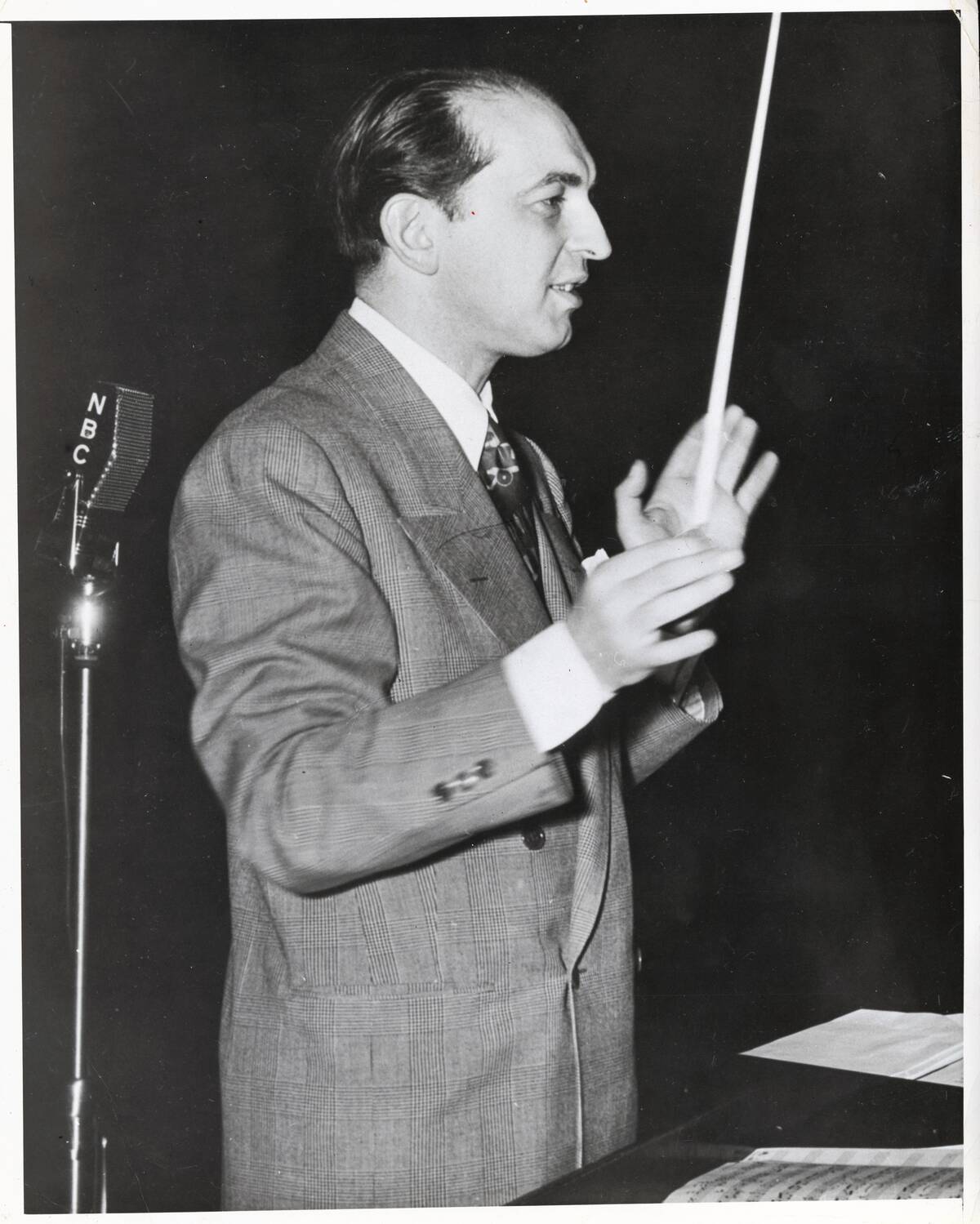
Although the theme from the 1959 movie A Summer Place — starring big names at the time like Sandra Dee and Troy Donahue — had lyrics, those who didn’t see it wouldn’t know that from the Billboard charts. As it turned out, the orchestral version arranged by Percy Faith was the most popular version by far.
The theme was immediately a hit but its popularity became staggering when it entered the charts on January 11, 1960. Yet, not only would it go on to become the biggest hit of 1960, but no other song would even come close because “Theme From A Summer Place” stayed at number one for a record-setting nine weeks.
Jim Reeves – “He’ll Have To Go”
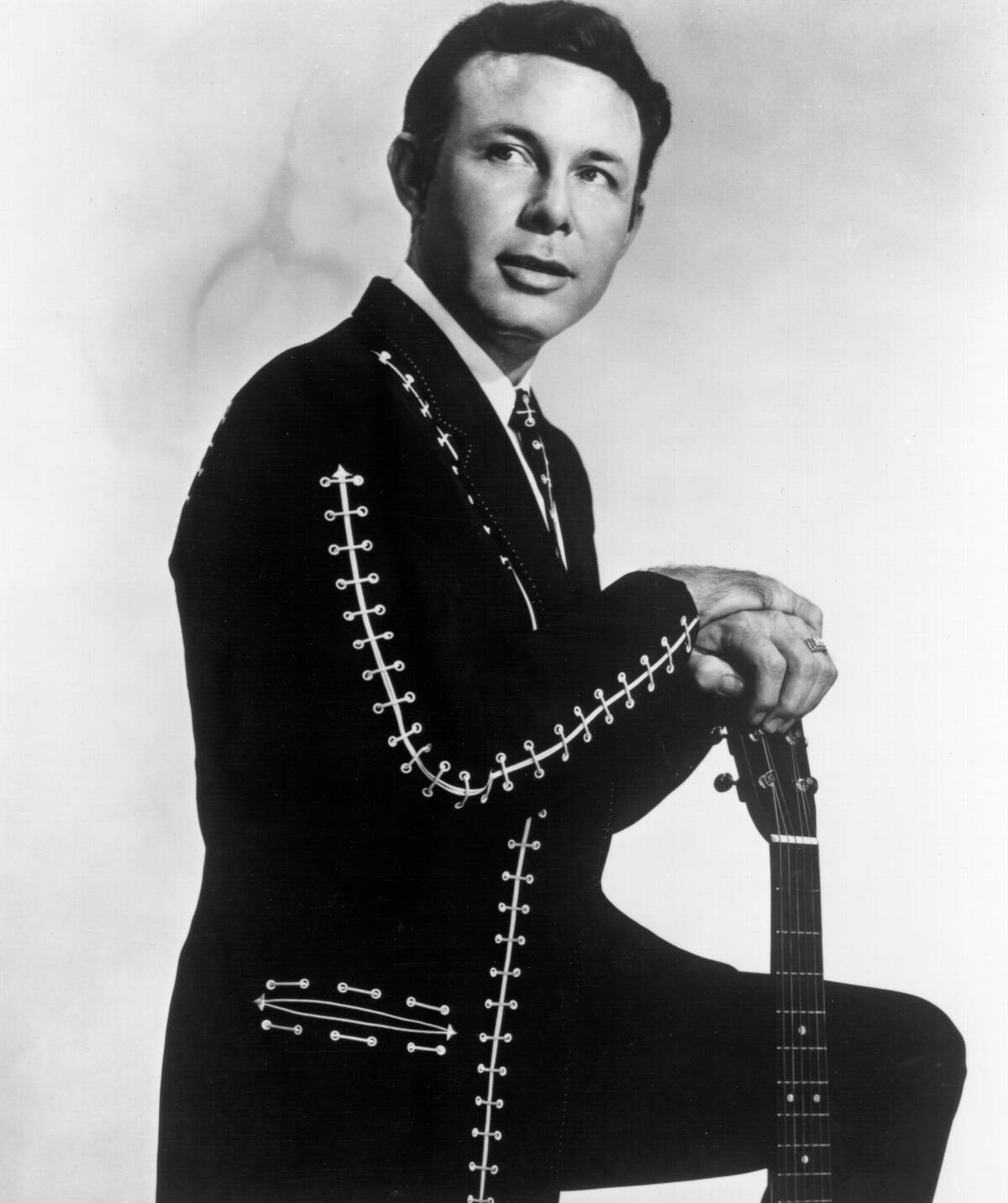
Although it’s accurate to call Jim Reeves a famous country singer, that description undersells the impact he had on the genre, as he was one of the most core pioneers of the lush Nashville sound that would dominate the country scene in the coming decade.
It’s true that he already had hits outside of the country world by 1960, but none would be as big as “He’ll Have To Go.” The competition-driven love song not only topped the Billboard Country & Western chart for 14 weeks, but reached number two on the Billboard Hot 100. Only “Theme From A Summer Place” kept it from being number one.
The Everly Brothers – “Cathy’s Clown”
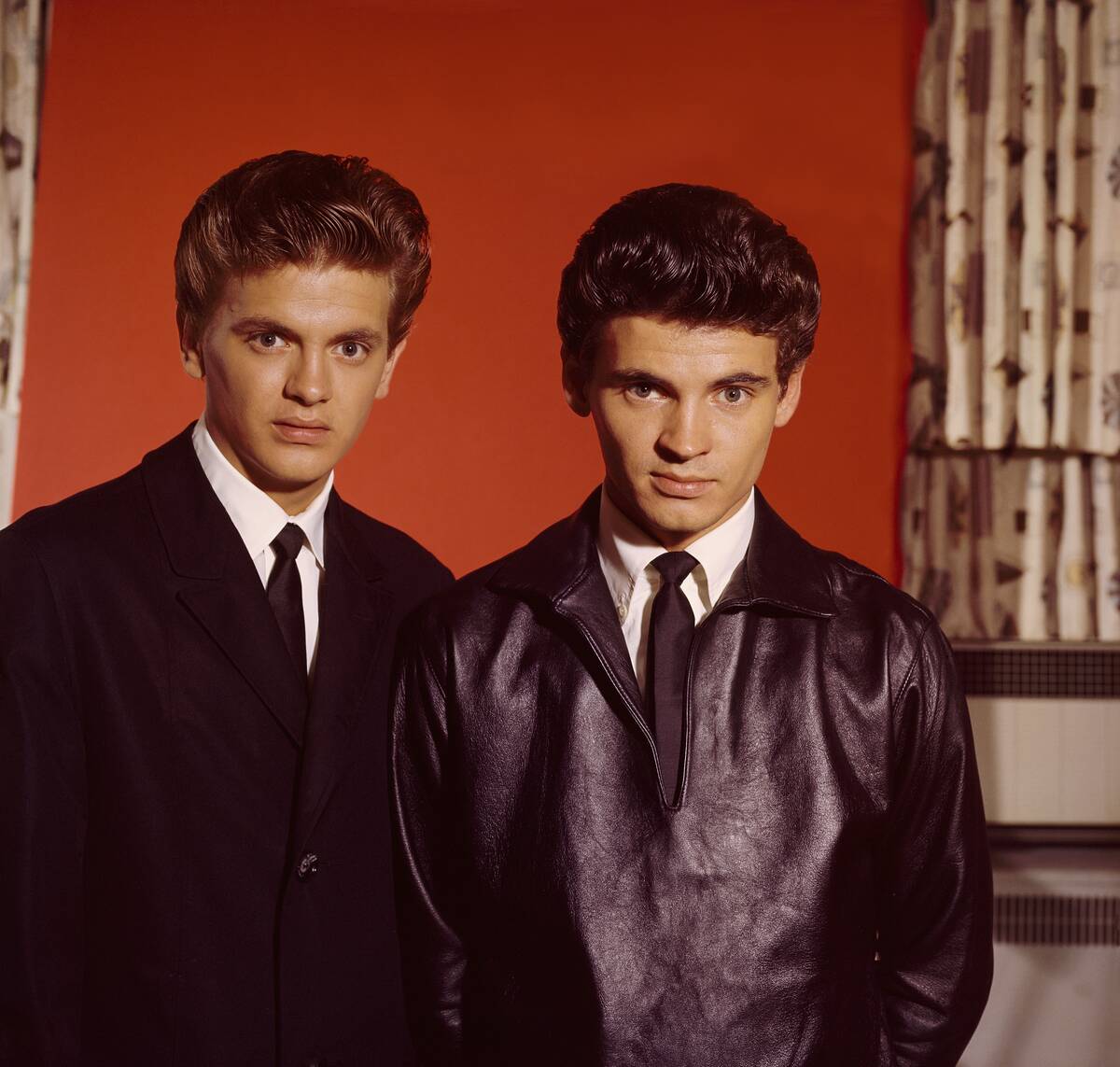
Much like the rise of Motown would bring a wave of soulful early groups, the early ’60s seemed to be a breeding ground for male rock and roll duos. It was in this era that the Righteous Brothers first joined together and when Jan & Dean were pioneering the California sound that The Beach Boys would later perfect.
One of the most popular acts from this era, however, were the Everly Brothers. Although they had 12 top ten hits between the late ’50s and the early ’60s, it was in 1960 that they earned their sole number-one hit, “Cathy’s Clown.” This song about a humiliated former lover they observe reached number one on May 23, 1960, and remained there for five weeks.
Johnny Preston – “Running Bear”
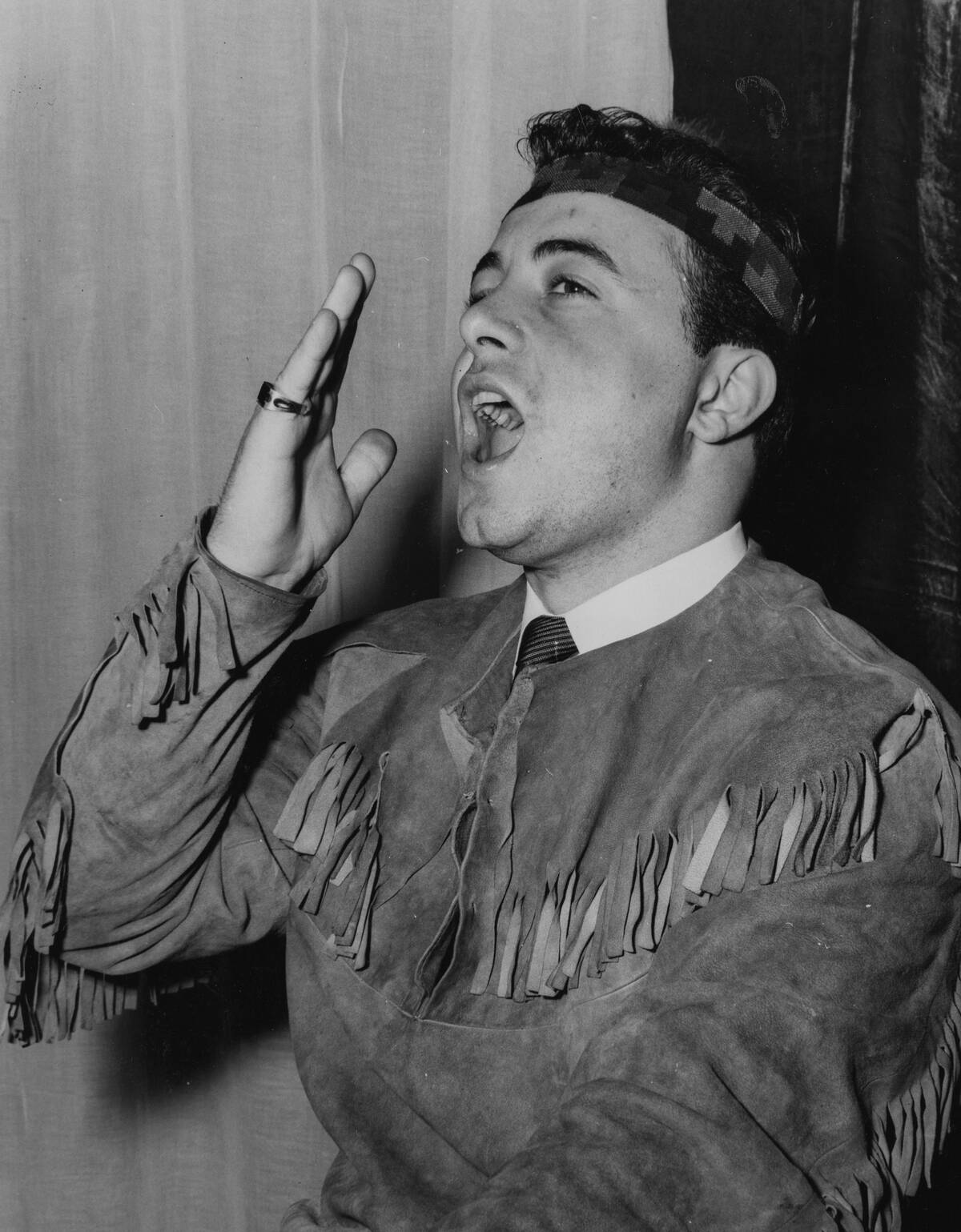
While some of the hits of the past are timeless, others are very much a time capsule of the period they came out in. Johnny Preston’s signature song “Running Bear” belongs in the latter category, both for its old-fashioned understanding of Native American culture and because it’s an example of the “teenage tragedy” trope that was popular in narrative-driven songs at the time.
Similar songs tended to depict star-crossed lovers who lose each other to a fatal drag race, but for Running Bear and his love, it was their warring tribes that led them to jump into a river together. This framing was clearly refreshing to the public at the time, as “Running Bear” spent three weeks at number one in January 1960.
Mark Dinning – “Teen Angel”
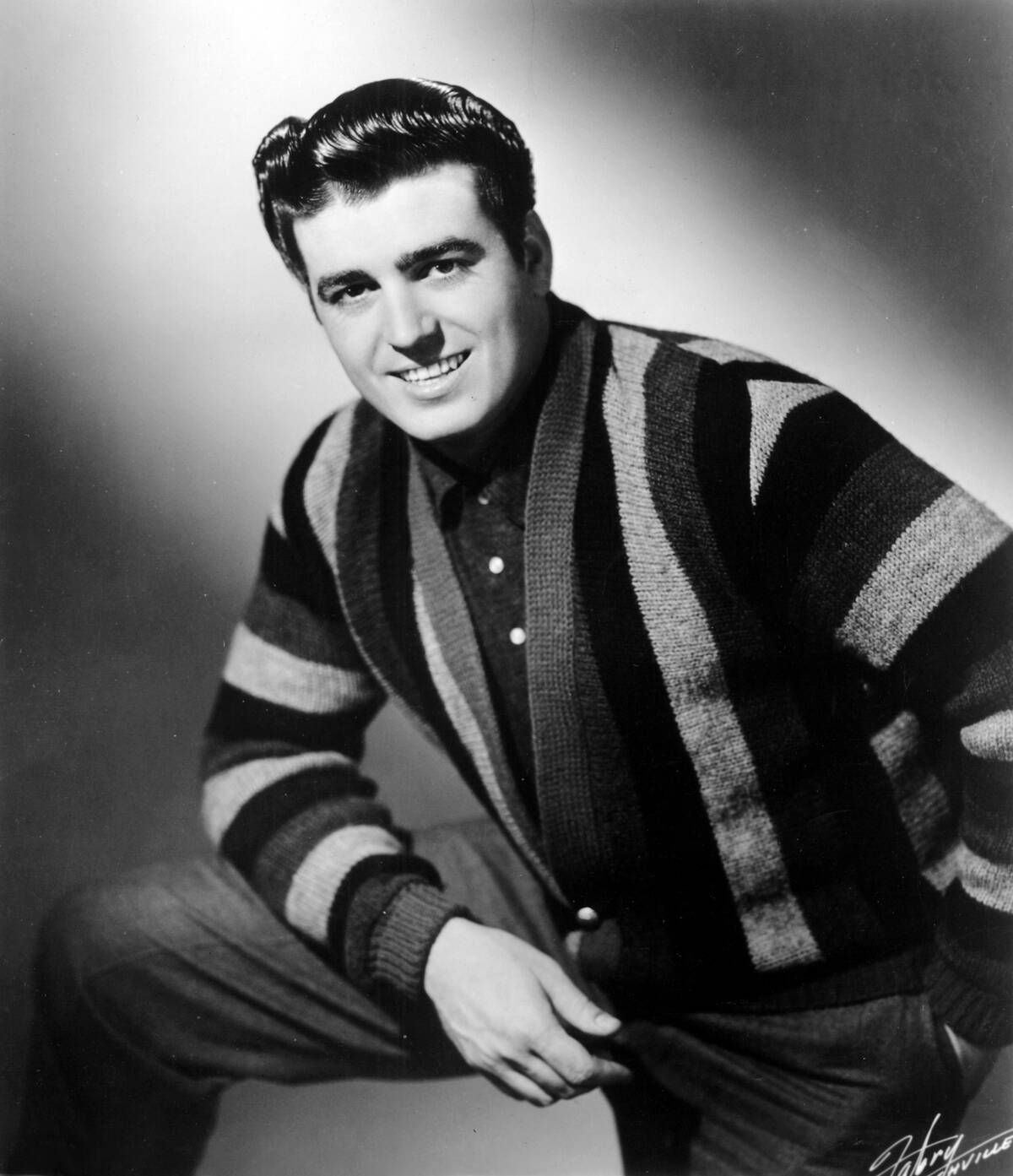
The story of a teenage girl dying tragically after trying to retrieve her class ring from a car stalled out on railroad tracks, “Teen Angel” was slightly ahead of the curve when it came to the “teenage tragedy” craze of the early ’60s. That’s because when he first shopped this song around in the late ’50s, many radio stations banned it for being too sad.
The ones that didn’t, however, soon discovered how popular tragic story songs like this could be, as the song jumped from number 100 to number 50 right as 1959 was ending. From there, it was on a heated pursuit for the number-one spot, which it would reach on February 8, 1960. “Teen Angel” stayed at number one for two weeks.
Brenda Lee – “I’m Sorry”
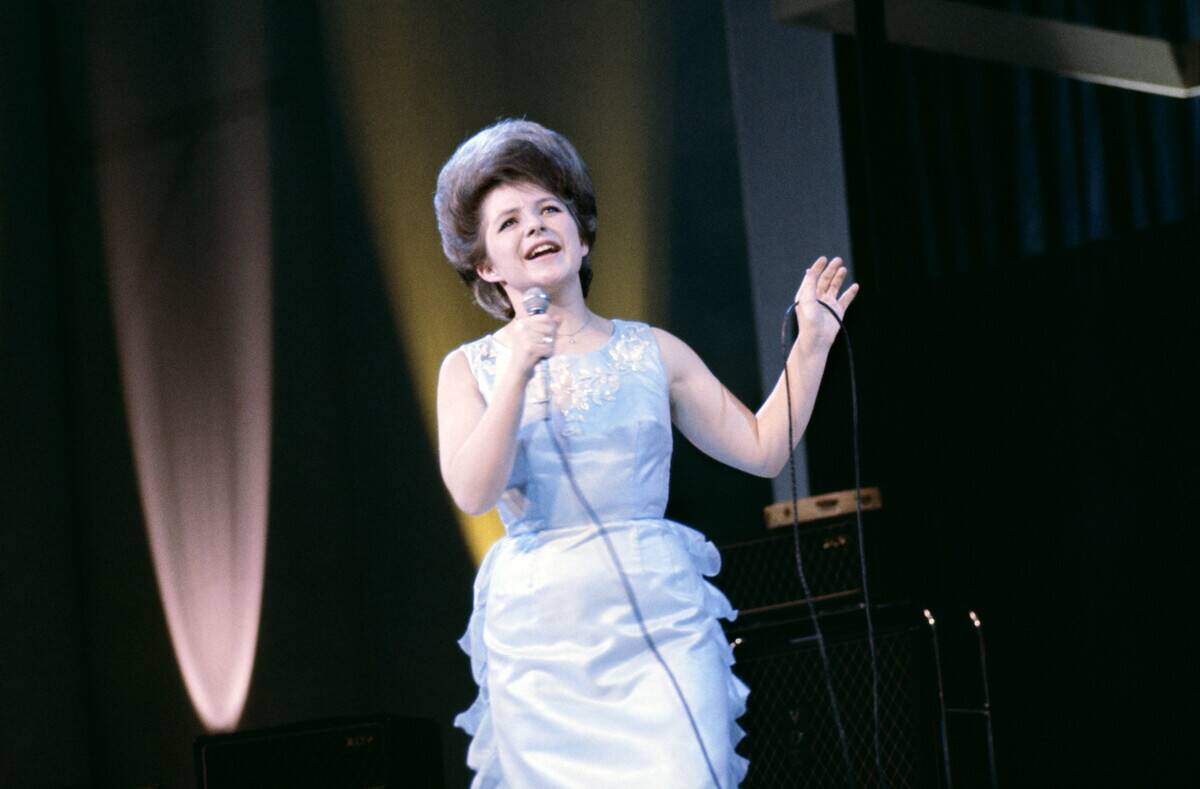
Brenda Lee was only 15 when she recorded “I’m Sorry,” which delayed the song’s release by months because Decca Records worried she wouldn’t seem mature enough to sing about unrequited love. Moreover, “I’m Sorry” was the B-side for a more upbeat song called “That’s All You Gotta Do,” which they expected to be more successful.
However, it seems they underestimated how much Lee’s soulful, buttery voice could sell something so melancholy. “I’m Sorry” not only outperformed the other song to the point of hitting number one for three weeks but became one of Lee’s signature songs. Incredibly, it was also only the first of three Brenda Lee songs to make it to number one that year.
Elvis Presley – “Now Or Never”
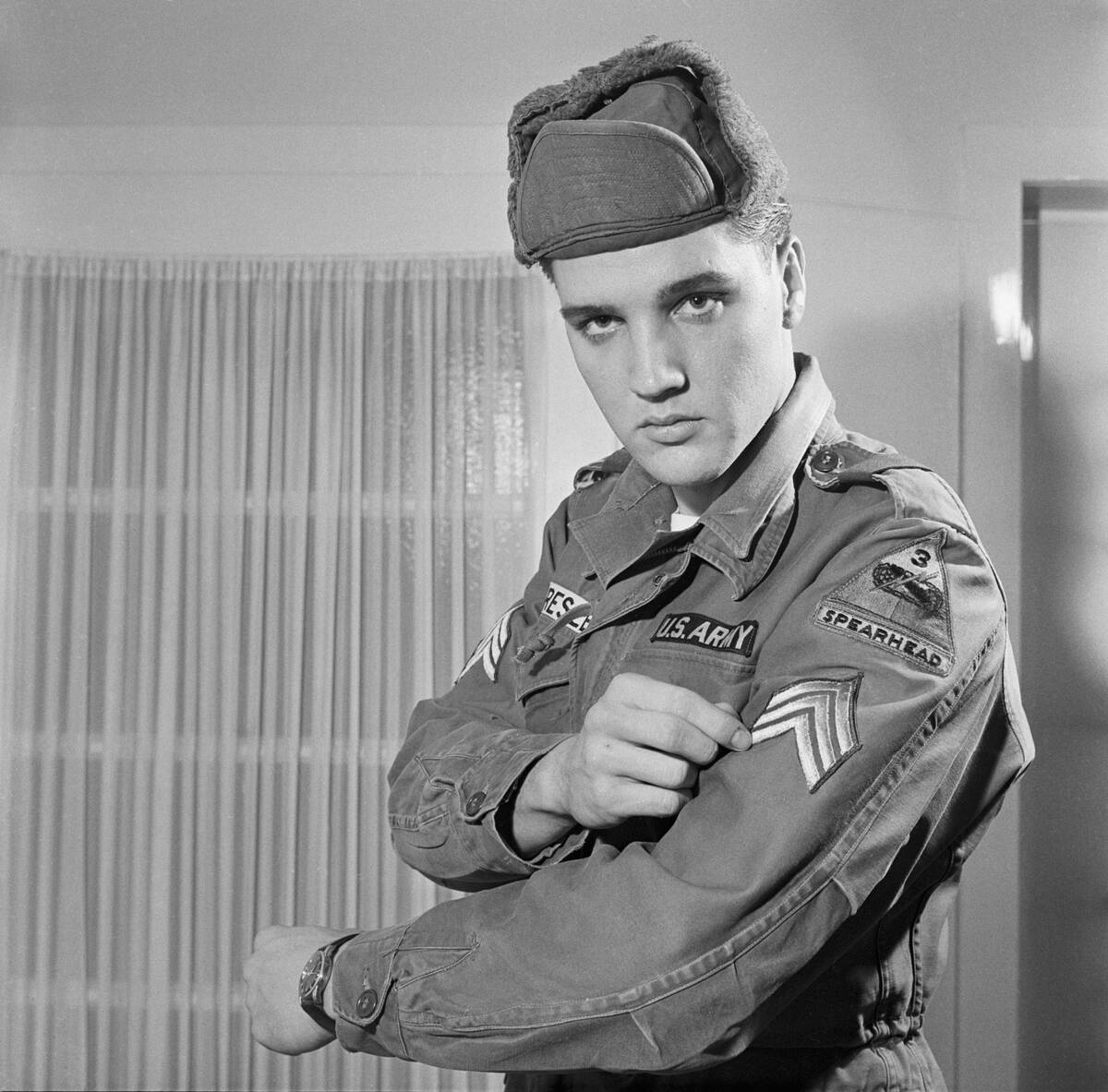
If someone were to name Elvis Presley’s best-selling song without being there when it was released, they might pick something that’s loomed larger in retrospect like “Jailhouse Rock” or “Love Me Tender.” However, the real answer is “Now Or Never,” which Presley wanted to be based on the classic Neapolitan song “O Sole Mio” after hearing it in the Army.
These turned out to be keen instincts on his part, as “Now Or Never” would spend five weeks at number one in the United States. Interestingly, it fared even better in the U.K., spending eight weeks at number one there and getting yet another week at number one when it was reissued in 2005.
Jimmy Jones – “Handy Man”
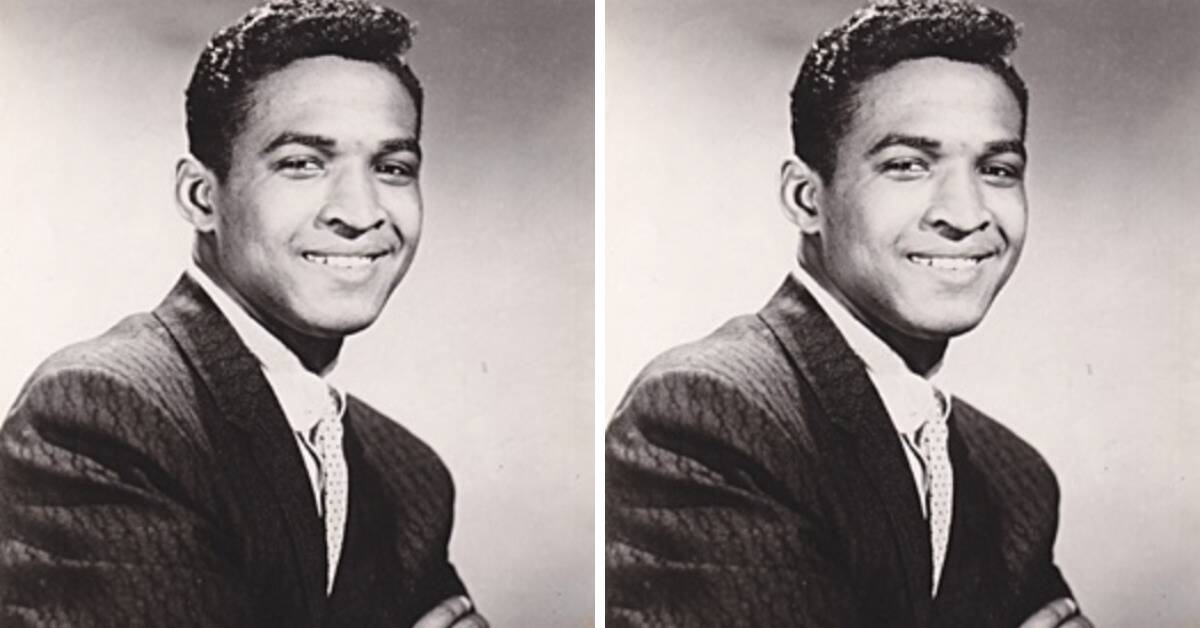
Although Jimmy Jones spend most of his career behind the scenes in the music industry, he did nonetheless notch two top-ten singles in 1960. Although the second of them, “Good Timin'” seems appropriately titled, “Handy Man” was easily the bigger hit of the pair.
It’s a simple enough concept, as Jones describes himself as a handy man who fixes broken hearts, but his soulful falsetto was a reason for excitement to the point that it reached number two on the Billboard Hot 100. If not for the surprising juggernaut that was “Theme From A Summer Place,” it would have made it to number one.
Elvis Presley – “Stuck On You”
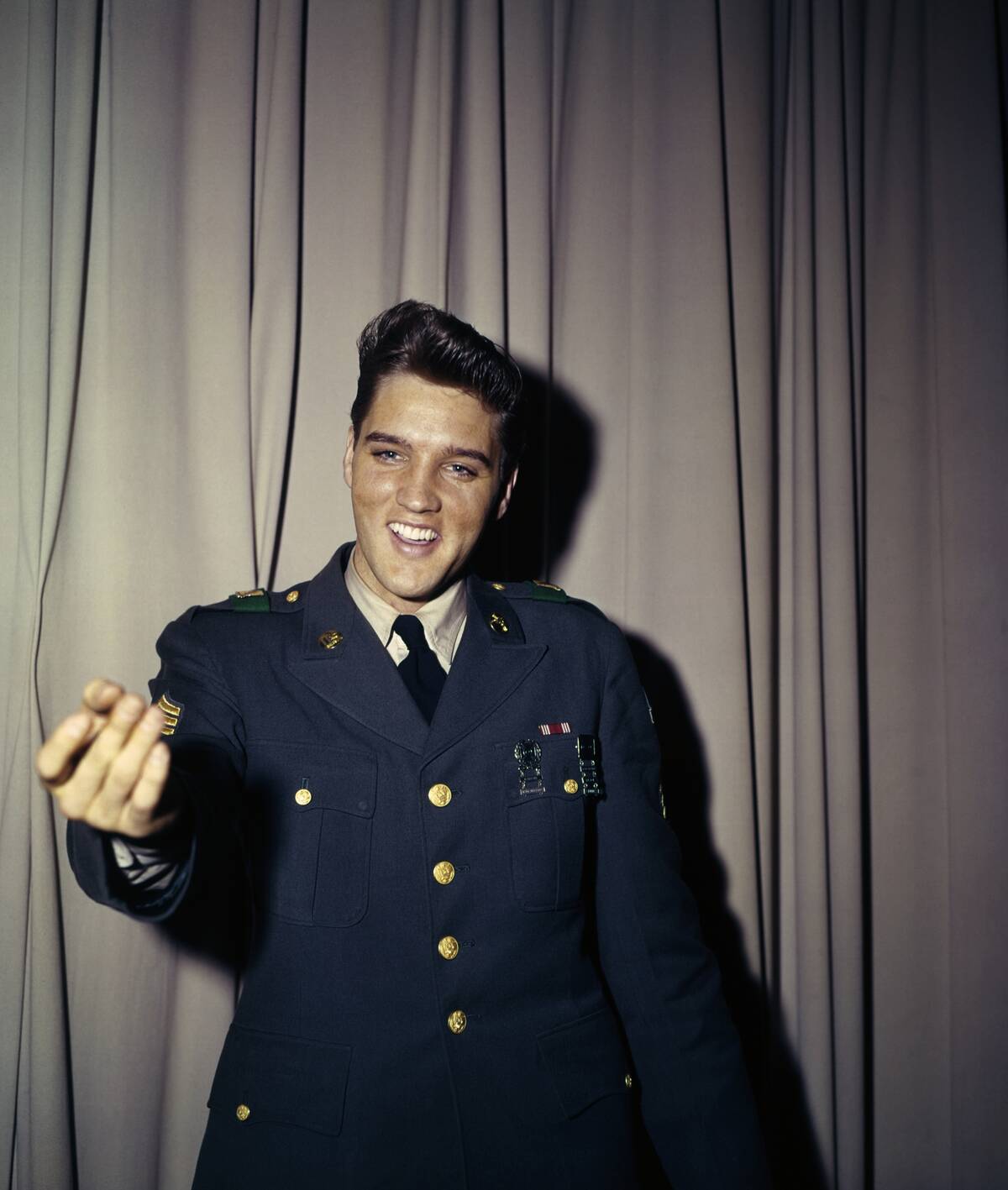
It’s a testament to the runaway success of “Now Or Never” that “Stuck On You” wasn’t the most popular Elvis Presley song of 1960 because it had every reason to be on paper. Perhaps chief among those reasons was that it was the first hotly-anticipated single that Presley released after his 18-month tour of duty in the U.S. Army.
Of course, “Stuck On You” was still an enviable hit for any artist in its own right, as the only difference was that it spent on less week at number one than “Now Or Never” for a total of four.
Chubby Checker – “The Twist”
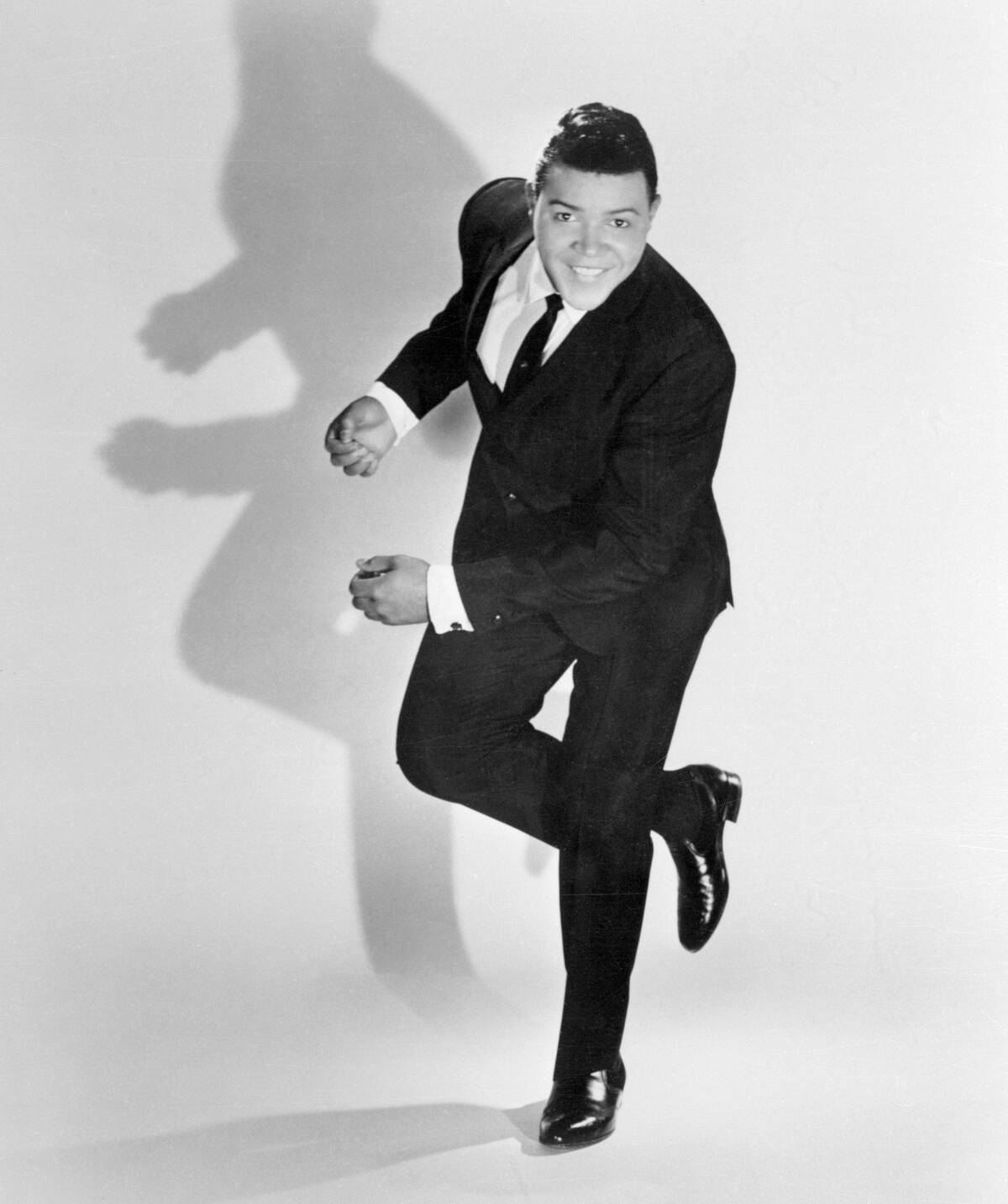
Aside from the Elvis songs and maybe Brenda Lee’s “I’m Sorry,” it’s hard to imagine a song from 1960 that people remember more than “The Twist.” Chubby Checker’s exuberant dance song took the nation by storm to such a degree that it set a bizarre record.
Not only would “The Twist” provide Checker with his first of two number-one singles, but it improbably received that honor twice during two different chart runs. That’s because was number one for one week in 1960 and then for two weeks in 1962. This wouldn’t happen again until the Mariah Carey song “All I Want For Christmas Is You” topped the Billboard Hot 100 again in 2020 after doing so in 2019.
Connie Francis – “Everybody’s Somebody’s Fool”
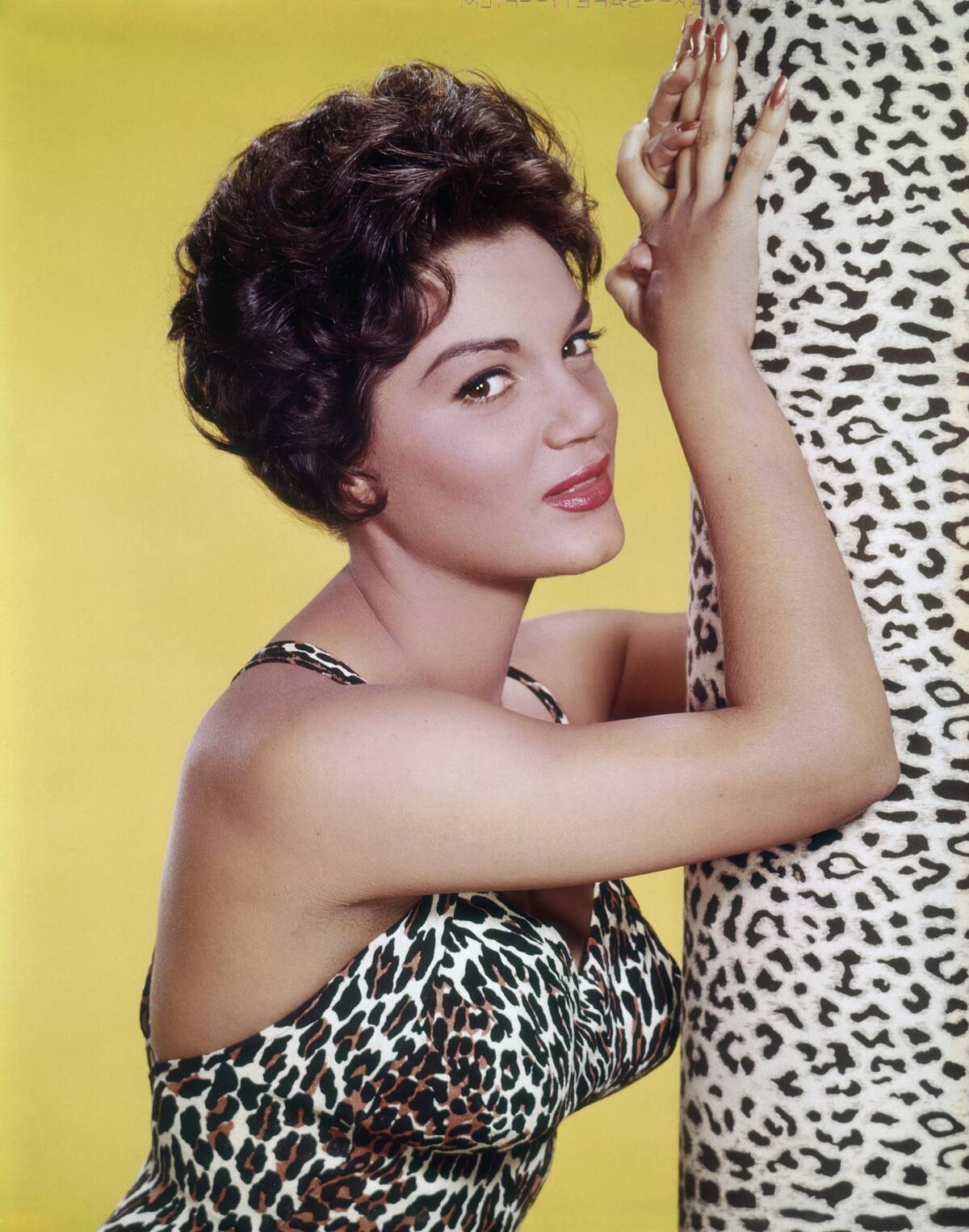
Although she had more longevity throughout the rest of the decade than many other artists who hit big during the early ’60s did, it’s nonetheless true that those were the peak years for Connie Francis. She would have three number-one hits between 1960 and 1962, but it was “Everybody’s Somebody’s Fool” that brought her to that upper echelon.
Not only did the song stay at number one for two weeks but she also pulled a career first in recording a German version called “Die Liebe ist ein seltsames Spiel.” It must have translated fine, as this version the song also made it to number one in what was then West Germany.
Bobby Rydell – “Wild One”
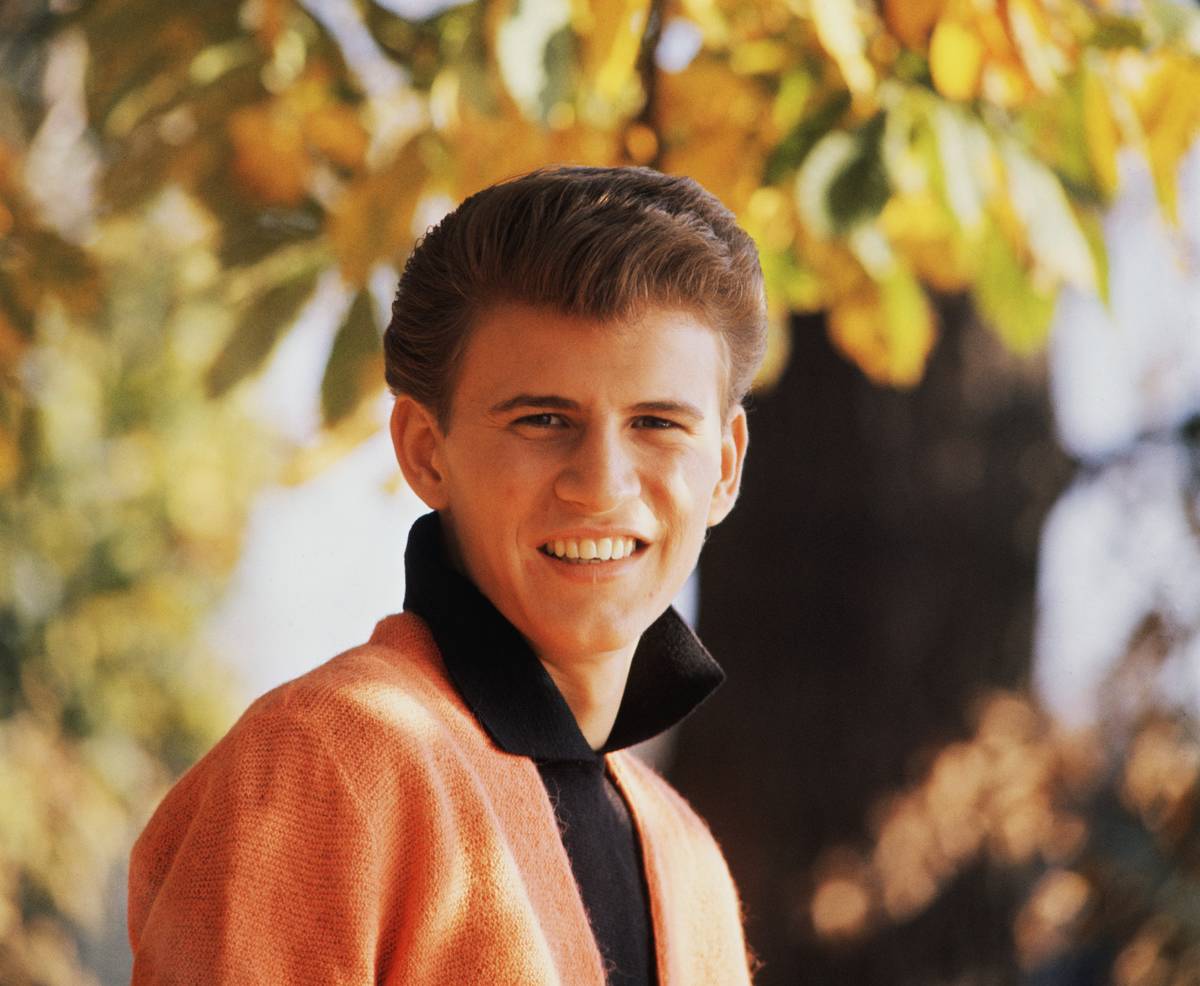
While he would later be known for co-starring in the film version of Bye Bye Birdie, Bobby Rydell was already well known as a teen idol by 1960. In a more popular sentiment at the time, his biggest hit, “Wild One,” saw Rydell play the role of someone settling down with a “wild” independent young woman, “taming” her in the process.
Yet another song sidelined by the runaway success of “Theme From A Summer Place,” “Wild One” peaked at number two after spending 16 weeks climbing the Billboard Hot 100.
The Brothers Four – “Greenfields”
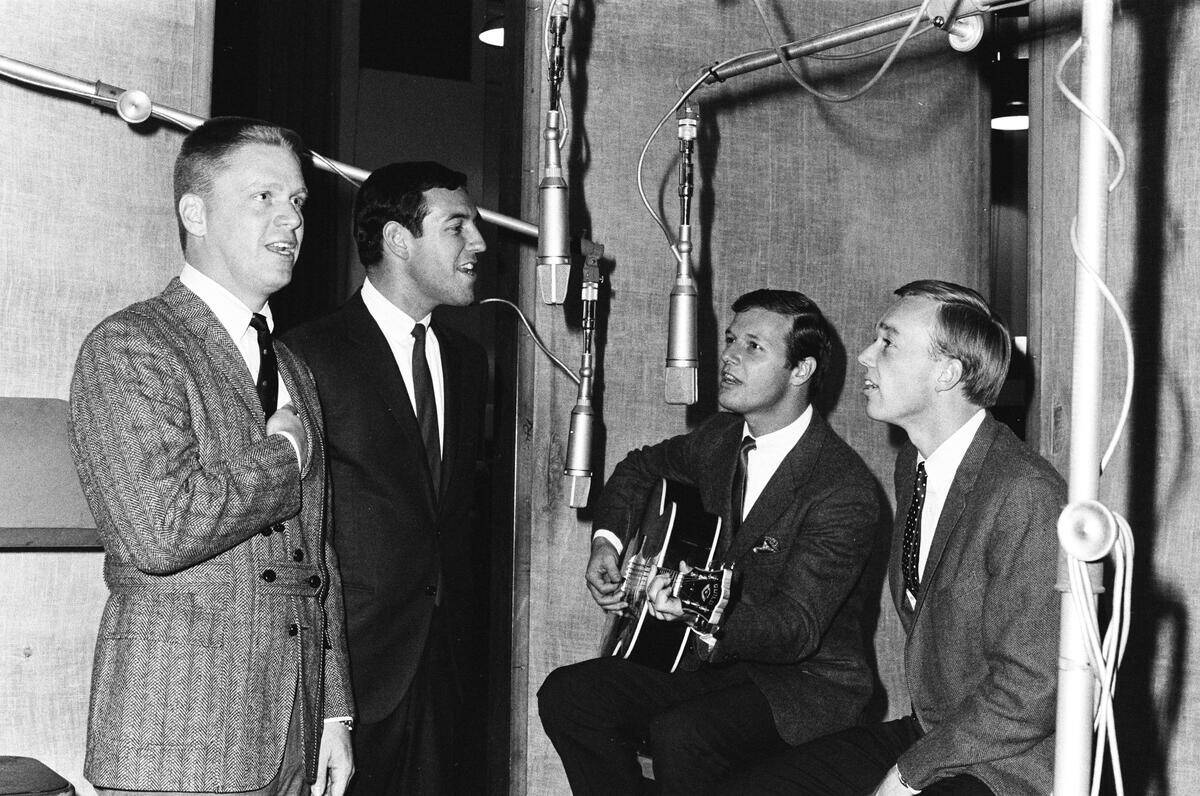
Although folk music would see unprecedented popularity throughout the ’60s, The Brother Four would quickly learn that it was artful, daring protest music rather than their traditionally wholesome brand of folk that would win the day. So while the notched one of the first folk hits of the decade with “Greenfields,” they wouldn’t see many more as the decade progressed.
Greenfields is a lament of the passage of time as they describe the fields young lovers used to frolic in before they turned parched and brown. That nostalgic framing resonated deeply with people at the time, as the song would end up reaching number two on the Billboard Hot 100.
Jack Scott – “What in the World’s Come Over You”
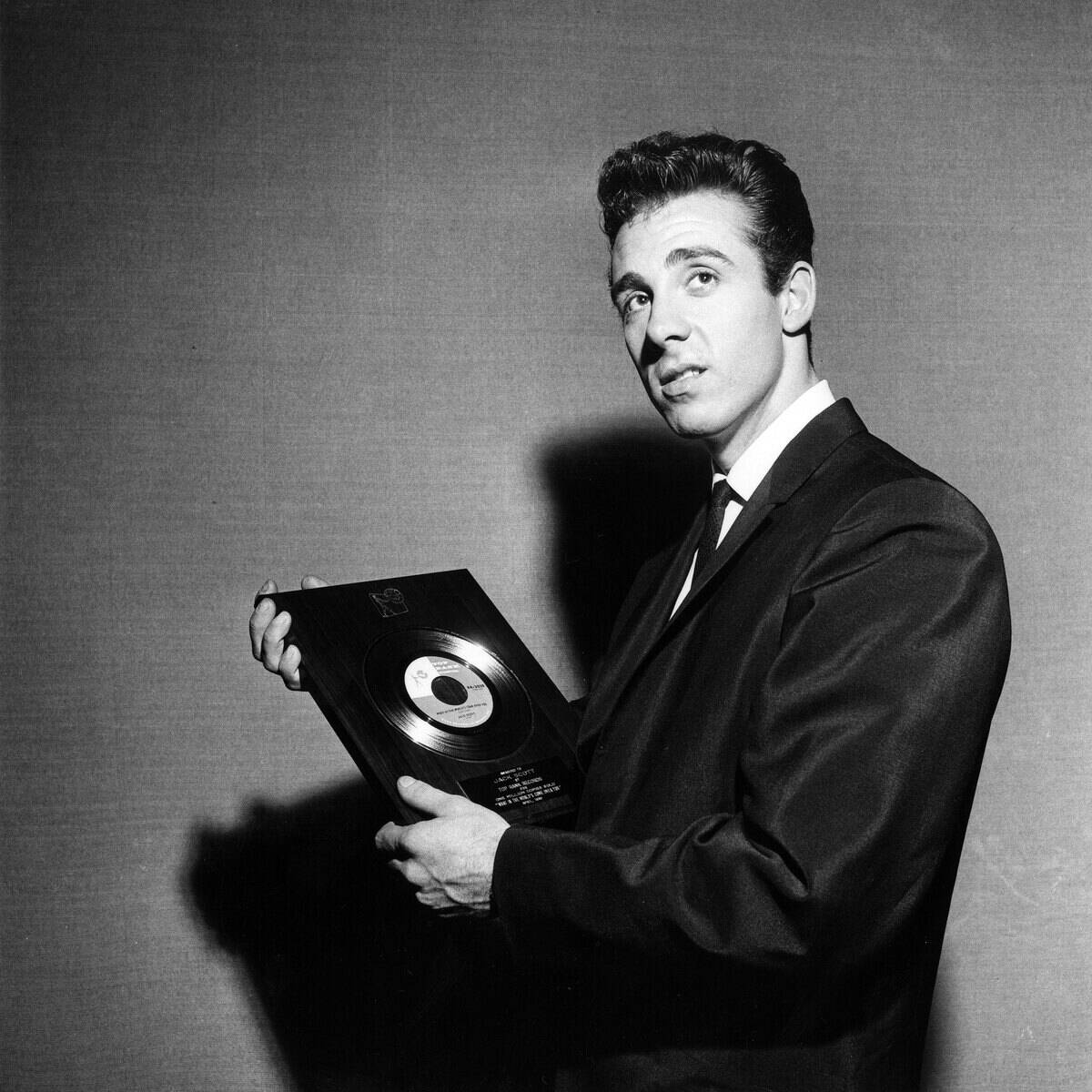
Not only had Jack Scott already achieved considerable chart success by 1960 but the curious truth is “What In The World’s Come Over You” wasn’t even his biggest hit that year in terms of chart success. Although it reached number five, another song of his that year called “Burning Bridges” made it to number three.
Yet, whether it’s because it performed better in more countries or it simply compelled higher raw record sales, Billboard considered “What In The World’s Come Over You” a much bigger hit by the end of the year than “Burning Bridges.”
Marty Robbins – “El Paso”
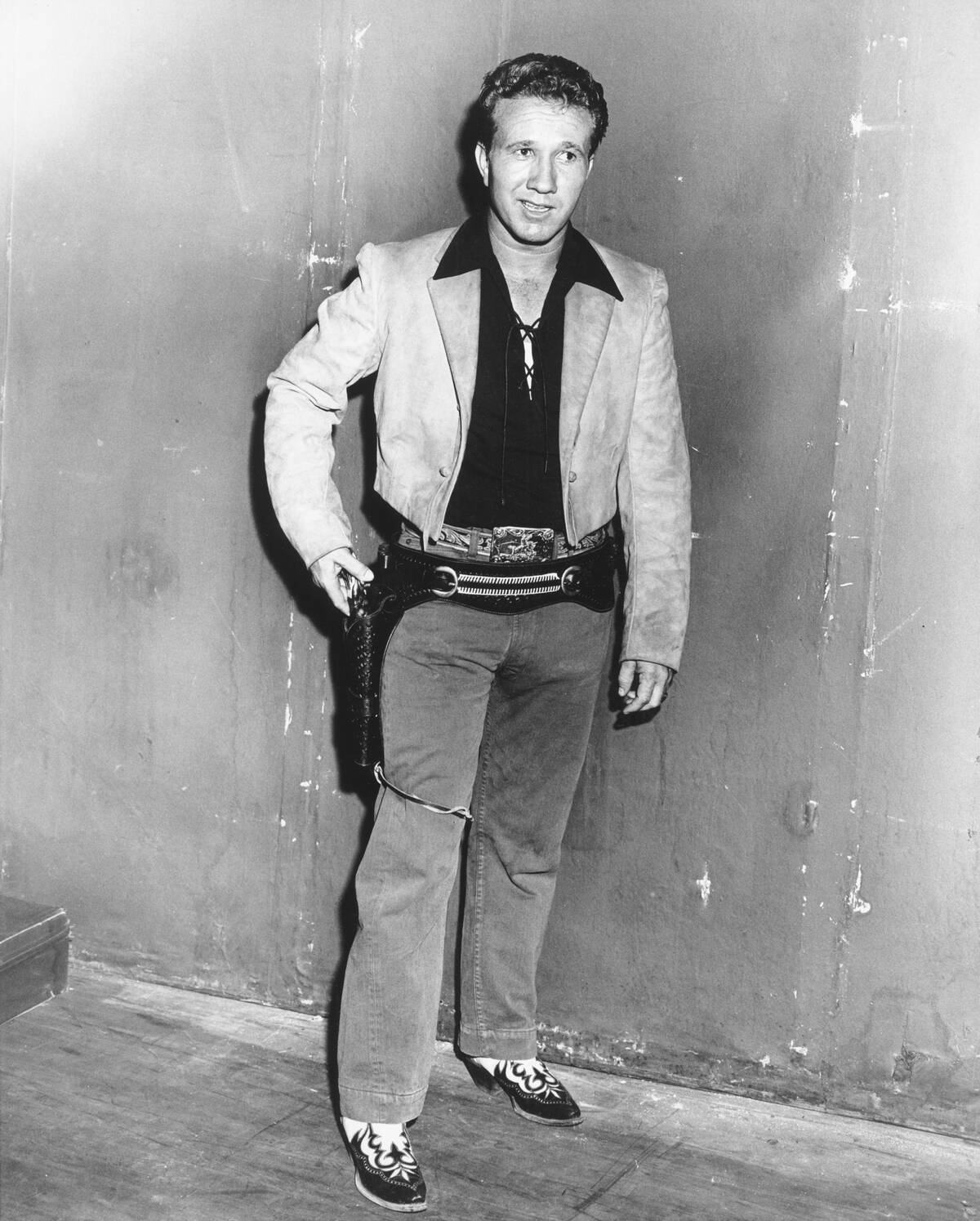
Easily the biggest and most enduring hit from Marty Robbins’s classic 1959 album Gunfighter Ballads and Trail Songs, “El Paso” sees a man motivated by the love of his darling Feleena to overcome incredible odds, only to be fatally shot at the end.
While this Old West narrative was certainly engaging, his warm singing and the song’s memorable tune cement “El Paso” as an all-time country classic. “El Paso” was the first number-one hit of 1960 and topped the Billboard Country & Western chart and the Billboard Hot 100. In the latter case, “El Paso” stayed at number-one for two weeks and remains Robbins’s only hit to chart that high.



